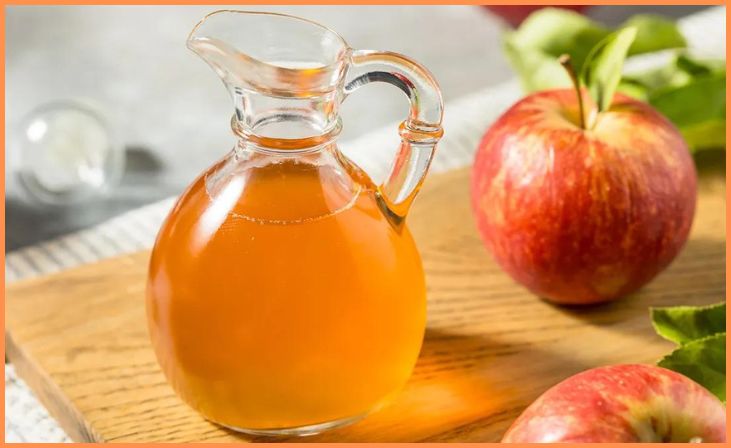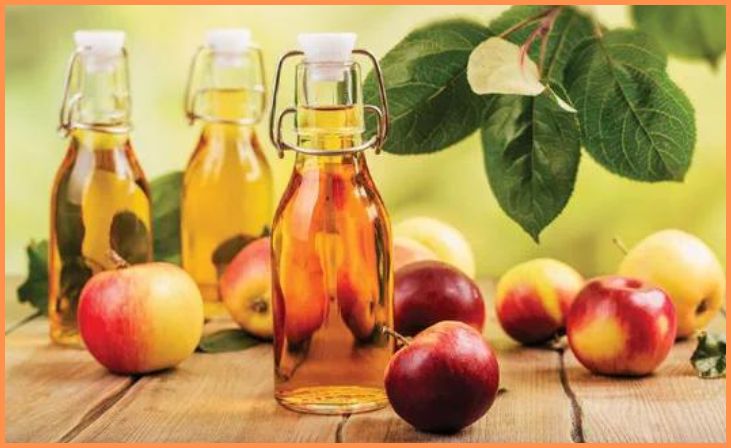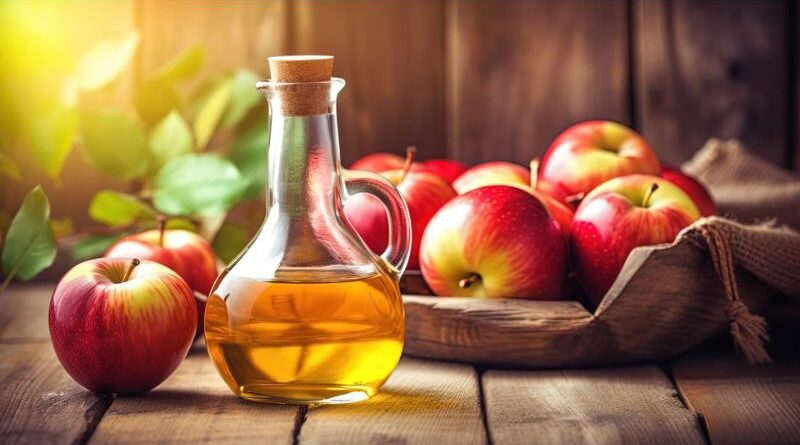Apple Cider Vinegar (ACV) has gained popularity for its potential health benefits and versatile uses. As a fermented product, ACV undergoes a complex process that imparts unique flavors and compounds, including acetic acid. Understanding its expiration is crucial for both culinary and health considerations. This outline explores the composition of ACV, the factors influencing its expiration, signs of spoilage, and strategies to extend its shelf life. By examining storage conditions, safety concerns, and dispelling common misconceptions, this guide aims to provide comprehensive insights into the lifespan of ACV. As consumers increasingly incorporate this pantry staple into their routines, knowledge about its expiration ensures optimal usage and health-conscious choices.
Importance of understanding expiration of food products

Understanding the expiration of food products is paramount for several reasons.
- Health and Safety: Expired foods can pose serious health risks. Bacterial growth, spoilage, and the breakdown of nutrients can occur after the expiration date, leading to potential foodborne illnesses.
- Quality and Taste: Freshness and flavor are often compromised after a product’s expiration date. Consuming expired items may result in an unpleasant taste and diminished nutritional value, impacting the overall quality of the food.
- Economic Considerations: Discarding expired food helps prevent unnecessary wastage and the economic losses associated with purchasing items that are no longer suitable for consumption.
- Labeling Compliance: Adhering to expiration dates ensures compliance with food safety regulations and labeling standards set by authorities. This promotes transparency and accountability in the food industry.
- Allergen and Sensitivity Concerns: For individuals with allergies or sensitivities, consuming expired products may exacerbate existing health conditions. Understanding expiration dates helps individuals manage their dietary needs more effectively.
- Environmental Impact: Responsible disposal of expired food contributes to environmental sustainability by reducing the amount of food waste in landfills, which in turn helps minimize greenhouse gas emissions.
Also, Read – Apple Cider Vinegar Uses for Weight Loss
Composition of Apple Cider Vinegar
Apple Cider Vinegar (ACV) is a fermented product with a composition that includes various organic acids, vitamins, minerals, and other bioactive compounds. The primary components of ACV are:
- Acetic Acid: This is the main active ingredient in ACV, responsible for its characteristic sour taste. Acetic acid is produced during the fermentation process when sugars in crushed apples are converted into alcohol and then into acetic acid by acetic acid bacteria.
- Water: ACV is predominantly composed of water, which serves as the base for the fermentation process.
- Ethanol (Alcohol): Produced during the initial stages of fermentation, ethanol is converted into acetic acid by the acetic acid bacteria, giving ACV its acidic nature.
- Trace Amounts of Other Acids: ACV may contain other organic acids such as citric acid, malic acid, and lactic acid, contributing to its overall flavor profile.
- Enzymes: ACV may contain enzymes like pectinase and amylase, which are natural substances that can aid in digestion.
- Vitamins: ACV contains small amounts of vitamins, including vitamin C and various B vitamins.
- Minerals: Trace minerals such as potassium are present in ACV, adding to its nutritional content.
- Polyphenols: These are antioxidants found in apples and may be present in ACV. Polyphenols have potential health benefits.
Apple Cider Vinegar: Does it expire?

Apple cider vinegar (ACV) typically has a long shelf life and doesn’t expire in the same way that perishable foods do. However, its quality can deteriorate over time, and it may undergo some changes. Here are some points to consider regarding the shelf life and changes in apple cider vinegar:
- No Expiry Date: Unlike many other food products, apple cider vinegar doesn’t have a strict expiry date. If stored properly, it can last indefinitely. The acidity of vinegar creates an environment that inhibits the growth of bacteria and other microorganisms.
- Changes in Appearance: Over time, you may notice changes in the appearance of apple cider vinegar. It might become cloudy or develop sediment at the bottom of the bottle. These changes are generally harmless and can be attributed to the presence of natural compounds, such as pectin and proteins, which are not harmful.
- Flavor Changes: The flavor of apple cider vinegar may mellow or change slightly over time, but it should still be recognizable as vinegar. If the flavor becomes unpleasant or if you detect any signs of spoilage (like a rancid smell), it’s best to discard the vinegar.
- Storage Matters: To extend the shelf life of apple cider vinegar, it’s important to store it properly. Keep the bottle tightly sealed and store it in a cool, dark place. Exposure to heat and sunlight can affect the quality of the vinegar.
- Bottle Material: ACV is best stored in glass bottles. While plastic bottles are often used for convenience, they can allow certain compounds to leach into the vinegar over time, affecting its quality.
- Check for Mold: While it’s rare, mold growth can occur if contaminants are introduced into the vinegar. If you see any signs of mold, discoloration, or an off-putting smell, it’s best to discard the vinegar.
Also, Read – Top 7 Benefit Of Apple Cider Vinegar For Hair
Conclusion
In conclusion, understanding the composition and potential expiration of Apple Cider Vinegar is essential for making informed choices. Its unique blend of acetic acid, vitamins, and minerals offers both culinary and health benefits. Recognizing signs of spoilage, practicing proper storage, and adhering to expiration guidelines ensure optimal usage. By embracing responsible consumption, individuals can enjoy the versatility of ACV while prioritizing health and minimizing unnecessary waste.
FAQs
Yes, ACV does have an expiration date. While it has a relatively long shelf life, factors like storage conditions and additives can influence its freshness.
The typical shelf life of ACV is around 2 years, but this can vary. Proper storage in a cool, dark place and sealing the bottle tightly can extend its lifespan.
Look for changes in color, cloudiness, or a pungent odor. Expired ACV may also taste off. If in doubt, it’s safer to discard.







